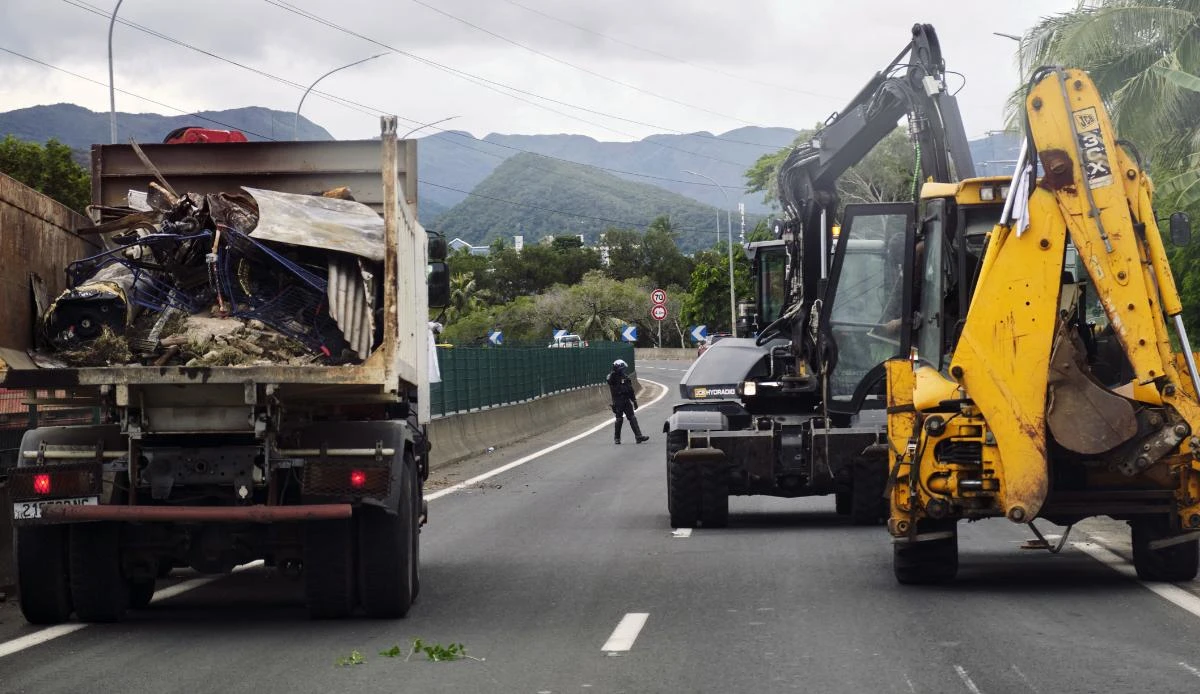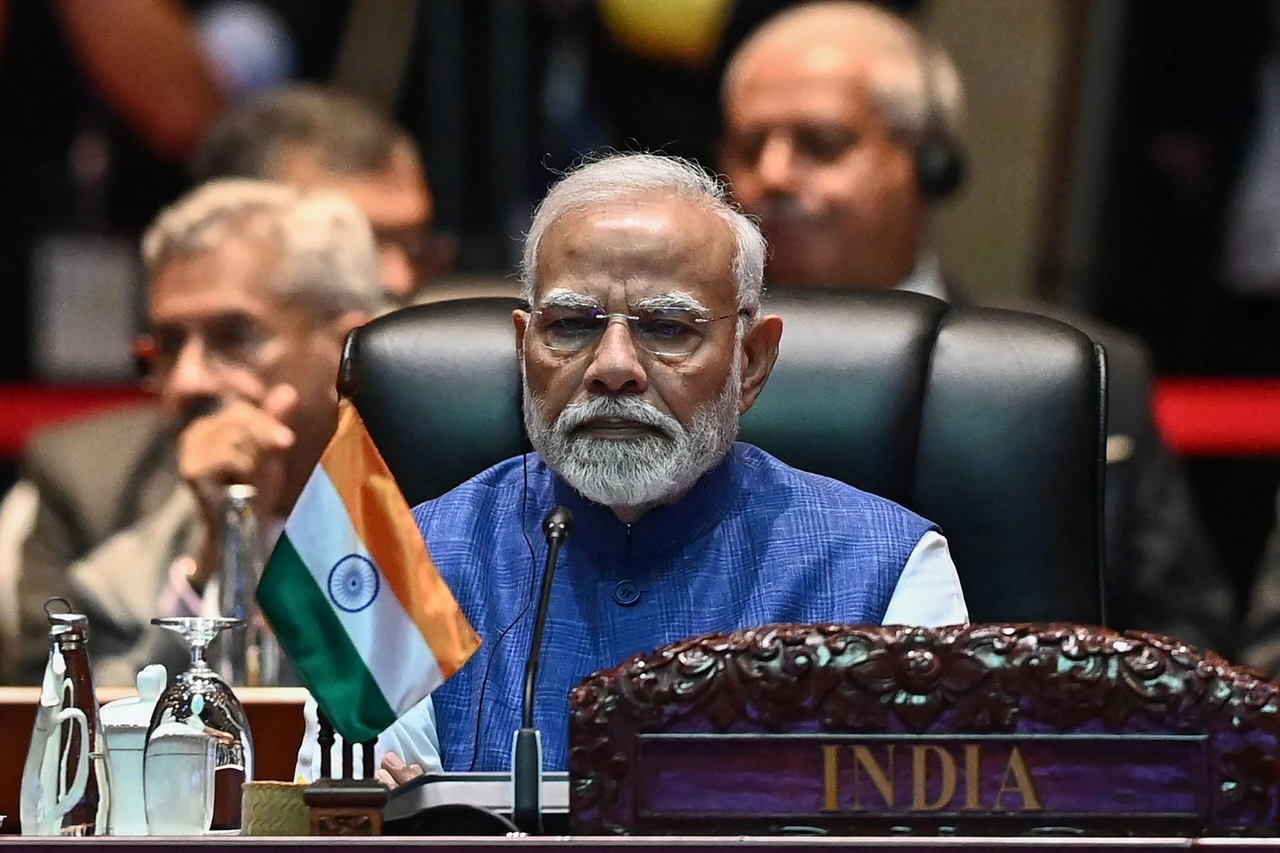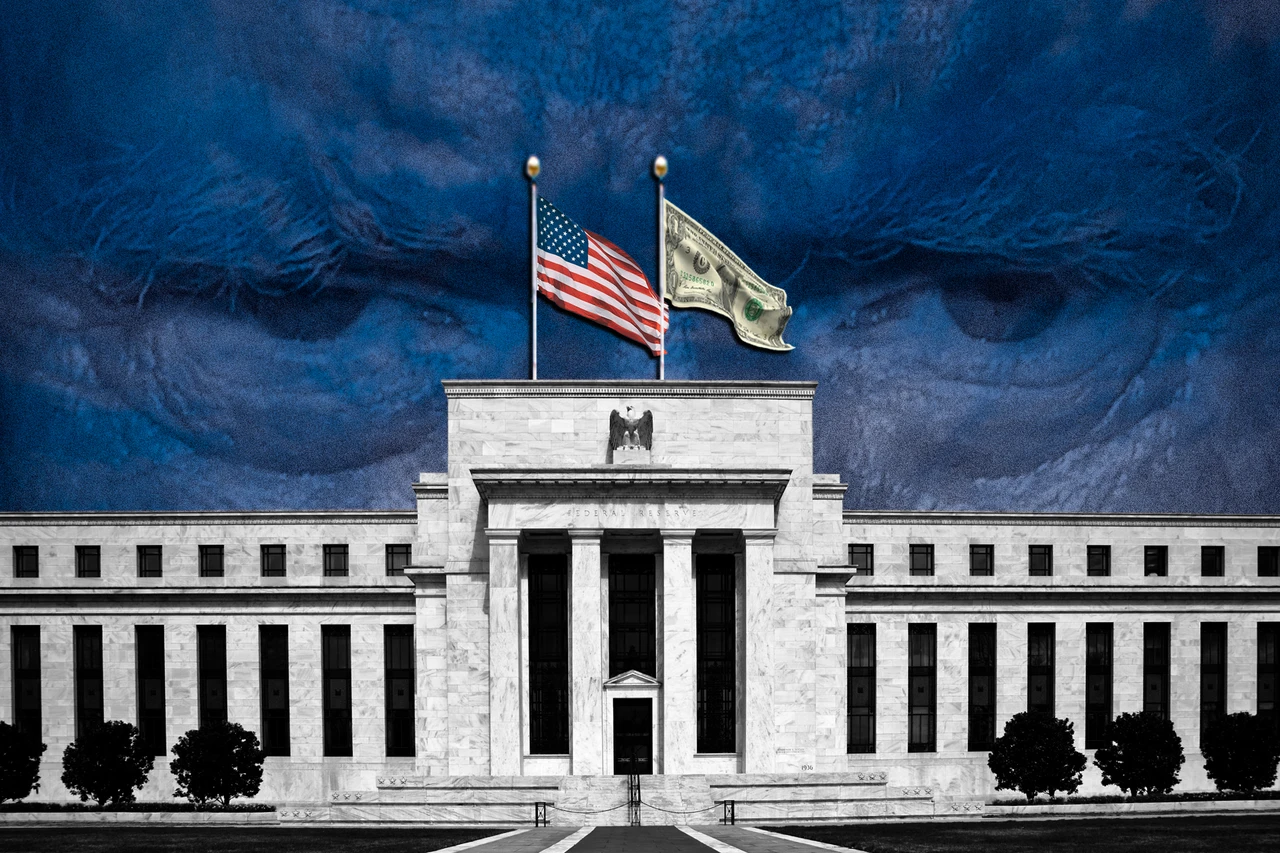Weeks of unrest push New Caledonia’s nickel industry to brink of collapse

New Caledonia’s nickel industry, the world’s third-largest producer of nickel, is facing a catastrophe due to weeks of unrest over a proposed constitutional reform
Weeks of unrest in New Caledonia have pushed the archipelago’s nickel industry, already on government life support, closer to catastrophe, according to sector representatives.
The French Pacific territory, the world’s third-largest producer of nickel behind Indonesia and the Philippines, has seen its critical industry come to a standstill since May 13, when riots erupted over a proposed constitutional reform. Despite the recent lifting of a state of emergency, which was imposed after two weeks of violent protests that left seven dead and hundreds injured, a swift recovery for the nickel sector appears unlikely.
Mining operations at Societe Le Nickel (SLN), a historic nickel producer, have been halted, leading to dwindling ore reserves. “We’re running on empty,” said a source at one of the plants near Noumea, the capital.
The unrest has severely disrupted operations, compounding existing challenges from cheaper producers such as Indonesia. New Caledonia, home to up to 30 percent of the world’s nickel reserves, relies heavily on the nickel industry, which employs 20-25 percent of its 270,000 residents.
SLN, a subsidiary of the mining giant Eramet, narrowly avoided bankruptcy in February with a government loan of 60 million euros ($65 million). Similarly, the Prony Resources site in the south, sustained by a 140 million-euro loan granted in March, has ceased operations amid the chaos.
The Koniambo Nickel (KNS) site in the north has been idling since February while the Glencore conglomerate, which owns 49 percent of the operation, attempts to sell its stake. Smaller mining operations have also faced significant challenges due to fuel supply blockages caused by the unrest.
“The consequences for the mine and New Caledonia are catastrophic,” said Thomas Sevetre, director-general of the Georges-Montagnat mining company. Sevetre warned that the situation could deteriorate further if shipping companies impose risk premiums on freight charges due to the unstable political environment. “Our competitive lag with Indonesia and the Philippines will grow,” he added.
The nickel market has been volatile, with rising demand and sanctions on Russian exports being offset by Indonesia’s substantial production increase, which now constitutes around half of global output.
Efforts to stabilize New Caledonia’s nickel industry have stalled. Talks initiated by French Finance Minister Bruno Le Maire aimed at creating a sustainable plan with government support have not reached an agreement, with some pro-independence representatives refusing to sign the proposed deal.
As the territory grapples with ongoing political tensions and economic instability, the future of its vital nickel industry remains uncertain.
Source: AFP



